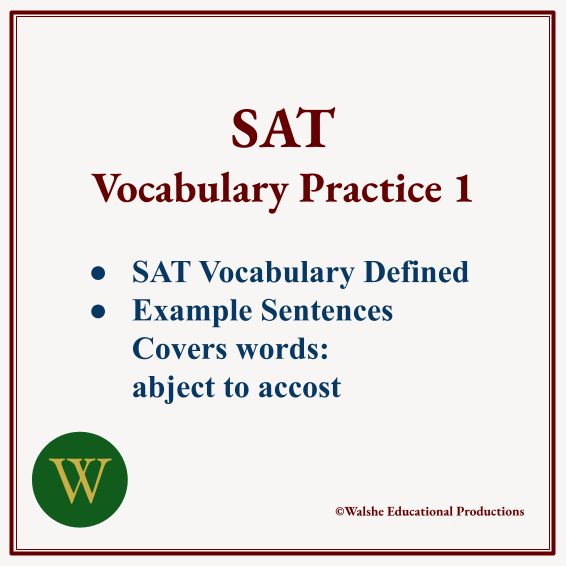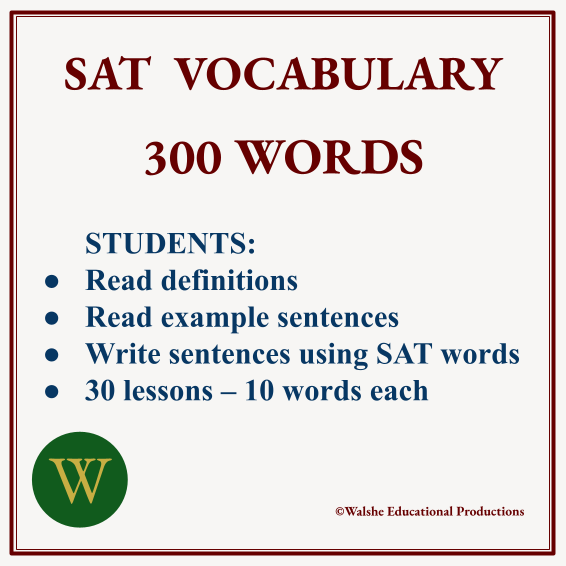vocabulary

How To Increase Vocabulary
Words are to writing what colors are to painters. This seems too obvious to bother saying, but the importance of obvious things is often overlooked. More words allow for more possibilities of expression. The English language offers writers an extremely large vocabulary. The current edition of the Oxford English Dictionary defines over 500 000 words. Many of these words have similar meanings, giving writers a huge number of synonyms and more ways of varying their words.
A quick look at the synonyms for two commonly used words, “cold” and “hot” gives some idea of the assortment of words that could be used to convey similar ideas.
Synonyms for cold: freezing, frozen, snowy, icy, iced, bitter, crisp, frosty, chill, chilly, chilling, brisk, wintry, Arctic, bleak
Synonyms for hot: boiling, steaming, burning, scorching, blazing, blistering, sizzling, torrid, heated, humid, tropical
A large vocabulary is gained through reading widely, while the ability to read a wide variety of texts depends on a large vocabulary. Vocabulary acquisition and reading sustain one another, contributing to growth in both areas. Students sometimes ask why they should spend time focusing on vocabulary when they would rather be writing. When asked what they use to express themselves in writing, a typical answer is “oh yeah, words.”
The best way to remember a word’s meaning is to use the word in a sentence. The free lesson linked below combines a vocabulary lesson with writing practice. After reading the definitions of the words and example sentences illustrating their use, students write their own sentences.

You can buy a set of 30 SAT vocabulary writing lessons for $25 :

For more lessons in vocabulary and lessons in fiction writing, poetry, grammar, rhetoric and logic, click on the link below to go to my Teachers Pay Teachers store.